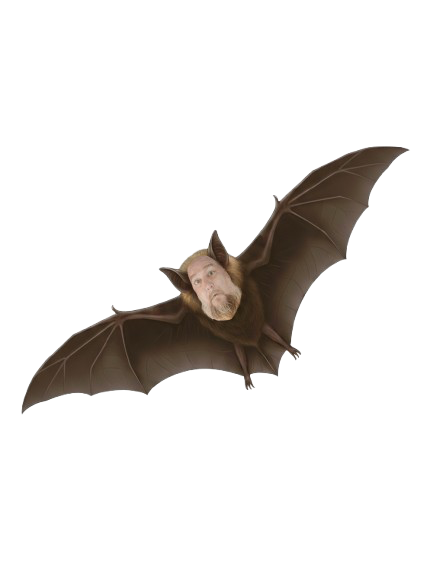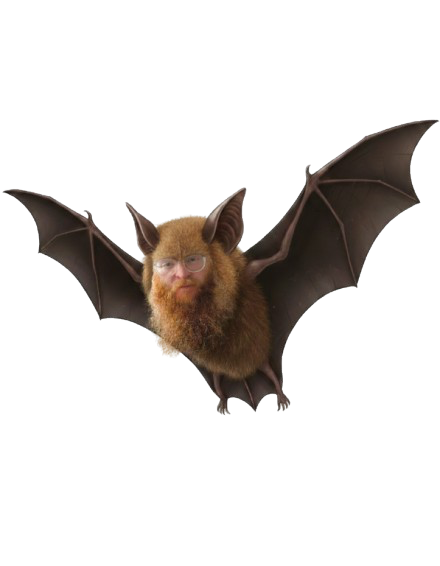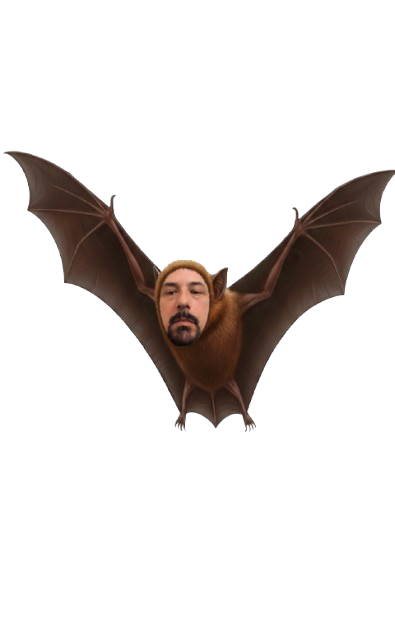







The Detour
The plan was simple: meet up at Jonas’ new house, check out his latest obsession, a 70s-style plush time capsule he’d poured months into decorating, and then hit the New Year’s party everyone had been talking about for weeks. Jonas was always the over the top one, so his house wasn’t surprising. Suzy and I cracked jokes about the shag carpets, mustard yellow furniture, and bead curtains as Jonas gleamed with pride during the tour. “Feels like I’m stepping into a time machine,” Suzy said, running her hand over a velvet couch. “All you’re missing is the disco ball.” Jonas laughed. “Give me time. It’s on backorder.” After a couple of drinks, we piled into Jonas’ car and set out, the night alive with promises of fireworks, music, and the kind of carefree chaos that only New Year’s Eve could bring. But just as the city skyline faded into the rearview mirror, we hit a roadblock. “Detour,” Jonas muttered, irritation seeping into his voice. He followed the signs down a narrow dirt road, the sound of gravel crunching under the tires breaking the silence. The further we drove, the more the world seemed to shrink. The trees closed in, and the glow of the city lights disappeared behind us. Then, the tire popped. We pulled over, swearing and joking to cover up the unease. Jonas tried his best with the tools in the trunk, but the spare was just as useless. We had no choice but to walk. The dirt road stretched endlessly ahead, bordered by fields dotted with strange metal structures and farming equipment. The machinery loomed in the moonlight, rusted and jagged, like relics from a forgotten era. Suzy climbed over a tilted grain silo to scout ahead, while Jonas cursed as his shoes sank into the muddy ground. That’s when they appeared. A group of men and women emerged from the shadows, dressed in simple, outdated clothes, bonnets, suspenders, long skirts. Mennonites, or something like them. Their faces were serene, their smiles warm in the cold night air. “You folks seem to be in some trouble,” one of them said, his voice calm and inviting. “Our farm isn’t far from here. We can help.” Reluctantly, we followed. Their lanterns swayed as they guided us down a hidden path, their farm soon coming into view. It was eerily quiet. No animals, no machinery running, just rows of old wooden buildings under the moonlight. Inside, the warmth of the fire felt welcoming at first. They offered us tea and blankets, insisting we rest while they looked into fixing the car. But something felt wrong. The tea tasted bitter, the smiles lingered too long, and the whispers between them grew louder as the minutes passed. Then, Suzy noticed the first sign. A woman in the corner stitching something by candlelight, what looked like fabric at first, but wasn’t. It was skin. Another group sat in the far corner of the room, their faces pale and hollow. They weren’t drinking tea, they weren’t moving at all. That’s when the screaming started outside. We rushed to the window and saw them, another group of travelers pinned to the ground, their limbs flailing as the Mennonites hacked at them with scythes and sewing needles, replacing arms with wooden doll limbs, sewing heads onto ragdoll bodies. “They fix the broken,” one of them whispered, standing too close to me. “You’ll be perfect soon.” They came at us with ropes and blades. Jonas swung a chair, Suzy threw her cup of tea into someone’s face, and we ran. But there was no escaping the fields. They swarmed like ants, dragging us down, tying us up. The last thing I saw was Suzy’s face twisted in terror as they began to pull her apart. And then the cold kiss of a needle pressed against my skin.
J. Wood 12.17.24
Larkridge Squares
In Larkridge, a sleepy mountain town nestled against the edge of a serene lake, the townspeople lived simple lives, untouched by the hustle and bustle of the outside world. That was until the squares appeared. Three perfectly formed, glowing squares pulsed beneath the water's surface, casting an eerie light that could be seen from the lake's shore. No one knew how they got there or what they meant, but everyone in Larkridge felt an inexplicable pull toward them, as if the squares called to them in a language they couldn't understand. The first to explore the mysterious phenomenon was a man known only as "The Narrator." He was an odd figure in town, always seen in his yellow suit and red tie, his voice calm and composed as he often narrated mundane events as if they were epic tales. It was as though he was the keeper of everyone's stories, the one who made sense of the world around them. One evening, The Narrator set out onto the lake in a small wooden boat, intending to observe the squares more closely. He spoke aloud, narrating his every move as if speaking to an unseen audience. "And here we find ourselves upon the lake, where secrets shimmer just beneath the surface," he intoned, his voice carrying over the still waters. As he leaned over the edge of the boat to get a better view, he accidentally fell in, sinking briefly beneath the water. The moment he was fully immersed, something extraordinary happened: his mind was wiped clean in an instant. When The Narrator resurfaced, his eyes, once sharp and intelligent, were now wide and innocent, filled with the curiosity of a child. He had experienced what the townspeople would come to call "brain catharsis," where one's mind was reset to the simplicity of a three-year-old. The townspeople were horrified and fascinated by what had happened. They set up benches along the shore, creating a sort of amphitheater where they could watch others approach the water. One by one, people would venture out, deliberately immersing themselves fully in the lake for a few seconds, only to emerge with their minds temporarily wiped clean. After each encounter, the townspeople conducted interviews with the affected individuals, who spoke in the simple, broken sentences of a child. "It feels funny... like a dream," said one. "I saw colors... and the squares talked to me," said another, his eyes wide with wonder. They spoke of the squares as if they were alive, as if they had some kind of purpose, though none of them could say what it was. As the effects of the brain catharsis wore off, the townspeople would regain their memories and return to their adult selves. The Narrator, too, eventually regained his sharp mind. He spoke of the experience with a strange reverence. "It was as if I was a child again…but the squares they weren't just lights. They were trying to tell me something, but I couldn't understand it in that state." One woman, her voice trembling with emotion, described the experience in a way that resonated deeply with everyone in Larkridge. "It was like being reborn," she said, her eyes distant as if recalling a dream. "I felt as if I was seeing the world with new eyes, untouched by anything but wonder. But I don't know if the squares are good or bad... they just are." Theories began to spread through the town. Some believed the squares were a message from an alien race, a way to communicate with humanity in its purest, most innocent form. Others thought they were a gateway to another dimension, where the rules of reality were different, and the mind had to be reset to eventually comprehend it. A few even suggested that the squares were a test, a way for some higher power to gauge humanity's willingness to embrace the unknown. The squares remained a mystery, and the lake became a place of pilgrimage for those who sought to understand them. The Narrator continued to observe and narrate the strange happenings in Larkridge, but now with a deeper, almost mystical, understanding. The squares had shown him a glimpse of something beyond, and though he knew he might never fully grasp it, he knew it had changed him forever. And so, the town of Larkridge continued, its quiet existence forever changed by the glowing squares that had appeared out of nowhere, a reminder that even in the most peaceful of places, the unknown could always come calling.
J. Wood 12.1.24